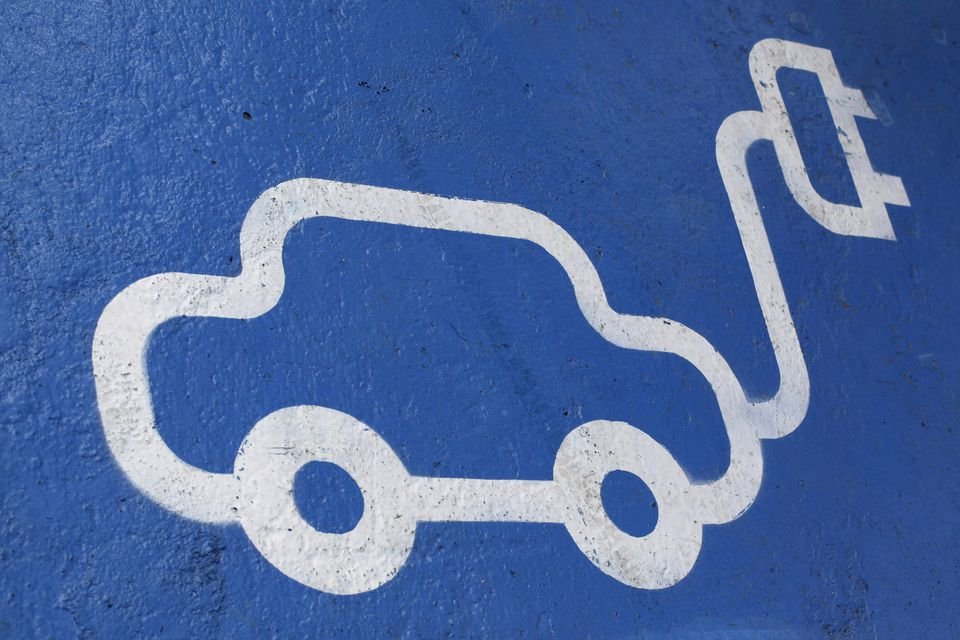Indian developers seek to cash in on soaring EV sales with residential chargers. To increase the property’s value and draw in more purchasers in a nation where the infrastructure for charging EVs isn’t keeping up with the rapid growth in EV sales, more Indian developers are placing electric car chargers in the parking spaces of their new constructions.
According to research firm Canalys, EV sales increased 137% to 48,000 units in the first half of this year, making up just 2.4% of all vehicle sales in India.
The most populous country in the world wants to see a third of all vehicles sold to be electric vehicles (EVs) by 2030, but a lack of public charging facilities might prevent this from happening.
In contrast to the United States, where data from the Alliance for Automotive Innovation reveals that there are 26 EVs per charger, there are currently 435 EVs for every public charging station countrywide, according to statistics from the electricity ministry.
For the time being, real estate developers like Sobha (SOBH.NS) and property management company Prestige (PREG.NS) are taking advantage of the shortfall, supposing that the presence of EV chargers in residential buildings would drive up the price that buyers would otherwise pay for features like swimming pools.
Senior vice president and head of property management at Prestige, investing more in homes with EV chargers, Javed Shafiq Rao, stated, “People considering purchasing EVs want assurance that they will have access to charging facilities within the residential complex.”
Going above and beyond, Sobha has introduced two residential complexes in Bengaluru that have EV charging stations in every parking space that is accessible.
Mahindra Lifespace (MALD.NS), Kolte-Patil (KOLT.NS), Brigade (BRIG.NS), and DLF (DLF.NS) are among the other developers who are speculating on the trend.
While state regulations vary, Indian authorities encourage the installation of charging infrastructure. For instance, Delhi requires 20% of parking spaces to be set aside for electric vehicles. In contrast, Uttar Pradesh, the state with the highest number of EV registrations, requires all new housing complexes larger than 5,000 square meters to have at least one EV charging unit.
According to Ravneet Phokela, Chief Business Officer of energy company Ather Energy, “home charging allows you to plug it in and leave your EV fully charged overnight, while public charging requires you to go there and stop there to finish the charging.”
According to the latest annual Economic Survey, India is predicted to sell more than 10 million electric vehicles annually by 2030, a more than tenfold increase from the previous fiscal year.

















































